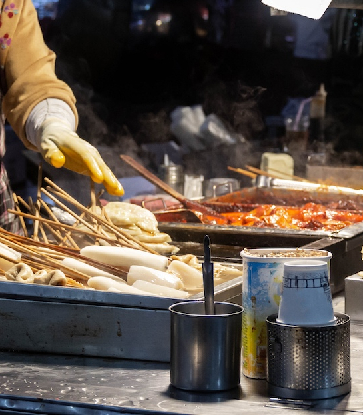In Bangkok's vibrant street food scene, Jay Fai, dubbed the 'queen of Thai street food,' has garnered global acclaim for her MICHELIN one-star restaurant. Her fiery woks have drawn culinary enthusiasts from around the world, including Lisa, the Thai member of K-pop sensation Blackpink. Lisa's patronage further amplifies Jay Fai's reach into the heart of Korean culture.
Beyond her iconic Bangkok eatery, Jay Fai recently embarked on a culinary journey to Korea, where she discovered a shared passion for bold flavors and authentic ingredients. From the hearty warmth of dolsotbap (stone pot rice) to the savory delights of bossam (pork wraps) and the delicate balance of ssambap (vegetable wraps), Jay Fai found herself immersed in Korea's rich culinary traditions. "Every dish I tried in Korea showcased the true essence of its ingredients," Jay Fai noted, highlighting a contrast with the often bold, spicy, and sour flavors of Thai cuisine.
“Every dish I tried in Korea showcased the true essence of its ingredients.”
Could you share with us your first impression of Korea when you visited for the first time?
Jay Fai: My first impression of Korea was incredibly positive. The warmth and hospitality of the Korean people were truly touching. They made me feel very welcome. It was quite inspiring and motivating. The local cuisine played a significant role in this experience as well. The way Koreans value their food and culture is something I greatly admire.
Can you introduce places you visited and liked in Seoul and Busan to our readers?
Jay Fai: I love going to traditional fresh markets in Korea. They offer a glimpse into how Koreans cook and prepare their food. In Seoul, Myeongdong is fantastic for street food. I enjoyed trying everything from the various vendors. Hadongkwan is a fantastic spot for Korean stew and was my favorite restaurant of all.
How would you compare Korean cuisine to Thai cuisine, especially in terms of preparation and flavors?
Jay Fai: Korean and Thai cuisines are both rich and diverse yet have their own unique characteristics. Korean food often focuses on fermentation and includes a lot of fermented vegetables such as kimchi, which adds depth of flavor to the dishes. While there's a balance of sweet, spicy, and savory, the emphasis is on highlighting the natural flavors of the ingredients. This is in contrast to Thai cuisine, which is known for its bold and aromatic components, balancing sweet, sour, salty, and spicy flavors. Thai dishes tend to have a stronger, more pronounced taste profile.The preparation methods also differ. Thai food often involves quick cooking methods like stir-frying to preserve the freshness and crunch of the ingredients. On the other hand, Korean food may require longer fermentation periods, as seen in kimchi, or slow-cooking techniques to develop rich and complex flavors.
Did you bring any techniques or inspirations back from Korea that you incorporated into your cooking?
Jay Fai: Absolutely. One of the key inspirations I brought back was the concept of fermentation. It’s not just limited to kimchi; I’ve experimented with fermenting various vegetables and even some fruits. This technique has added a new dimension to my dishes. Additionally, the meticulous attention to detail in Korean cuisine, from the presentation to the balance of flavors, has influenced my approach to Thai cooking as well.
With your extensive experience, what would you recommend to someone looking to explore Korean cuisine for the first time?
Jay Fai: I would suggest starting with some classic dishes like kimchi, bibimbap, and bulgogi. These dishes offer a good introduction to the core flavors of Korean cuisine. Additionally, experiencing a Korean BBQ can be a great way to enjoy the interactive and communal aspects of the food. For those with a sweet tooth, Korean desserts like hotteok and bingsu are a must-try.



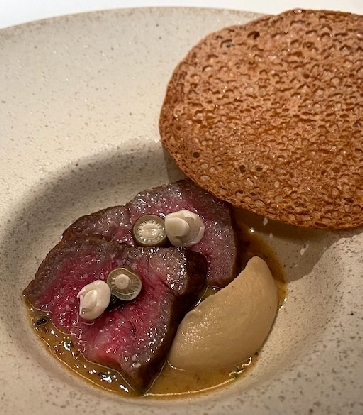
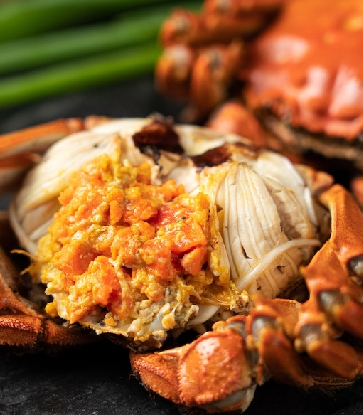
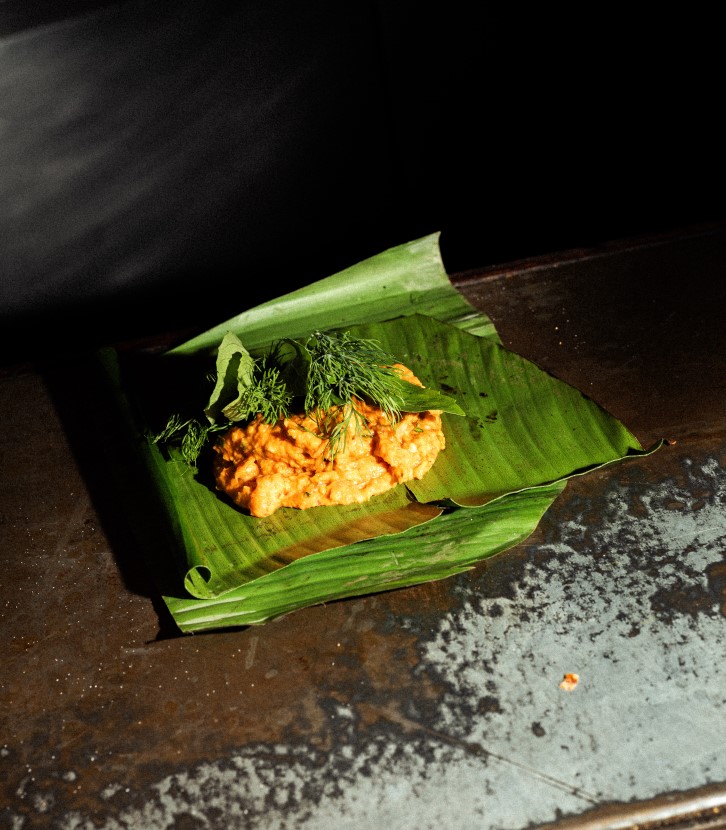
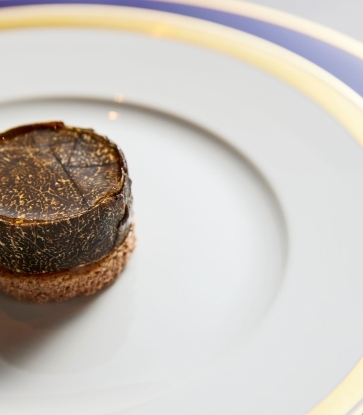
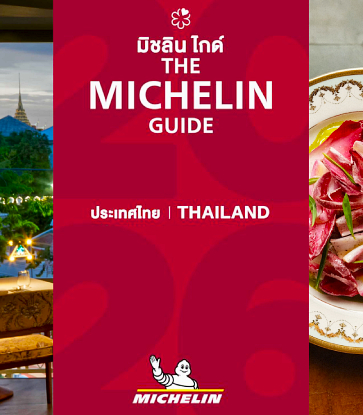
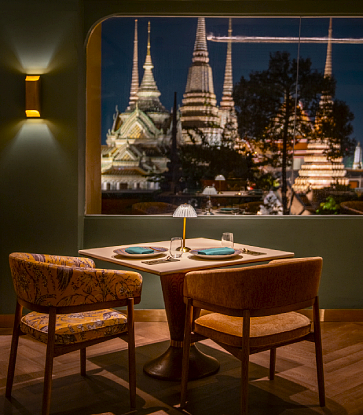
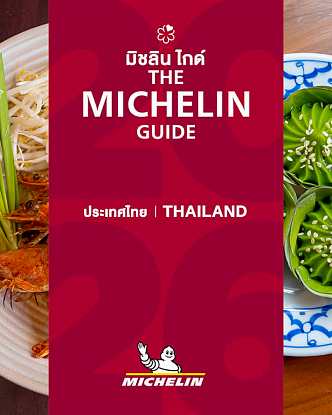

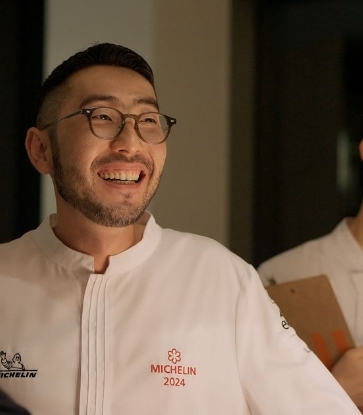

%20-%20Aman%20Nai%20Lert.jpg)
.jpg)
